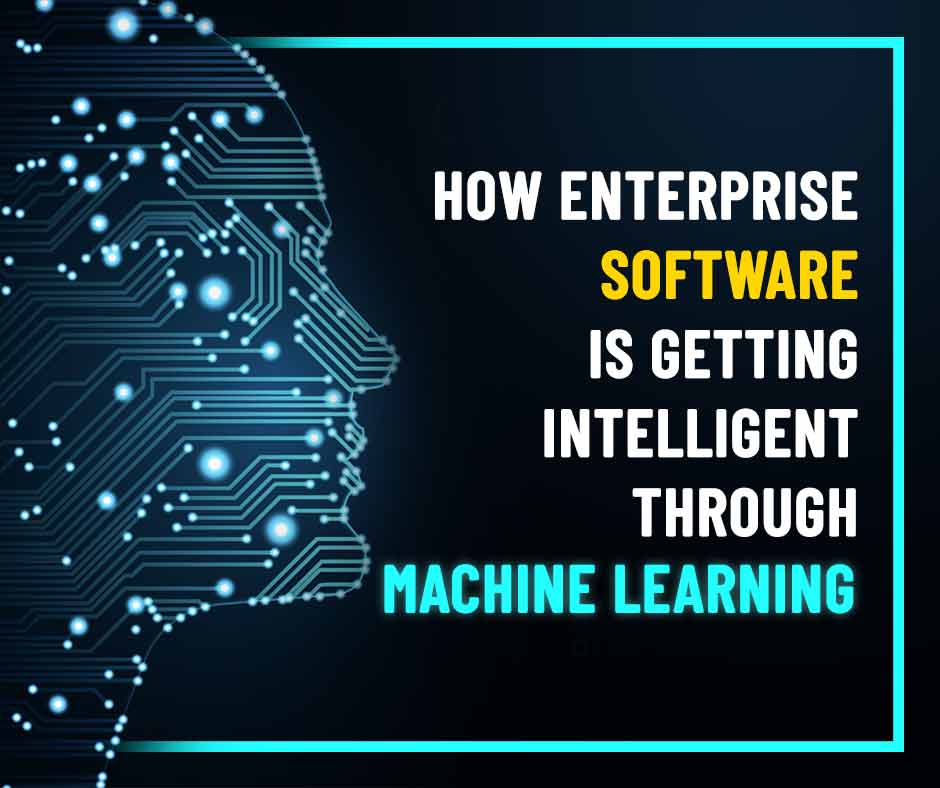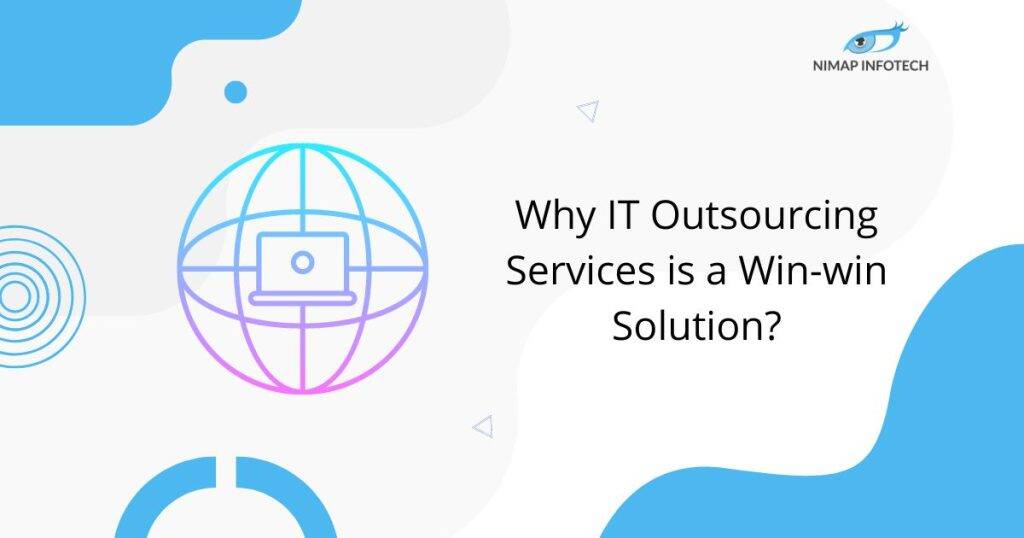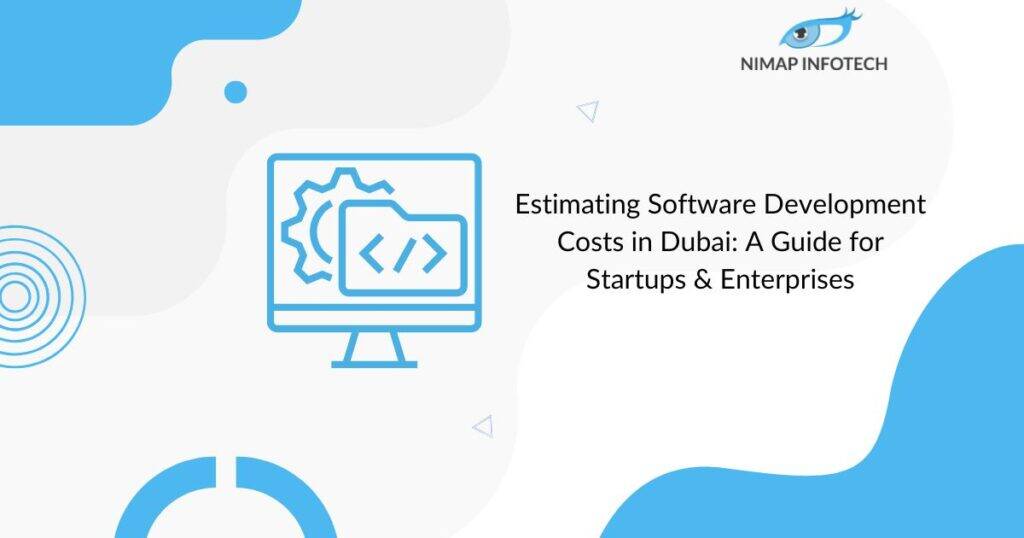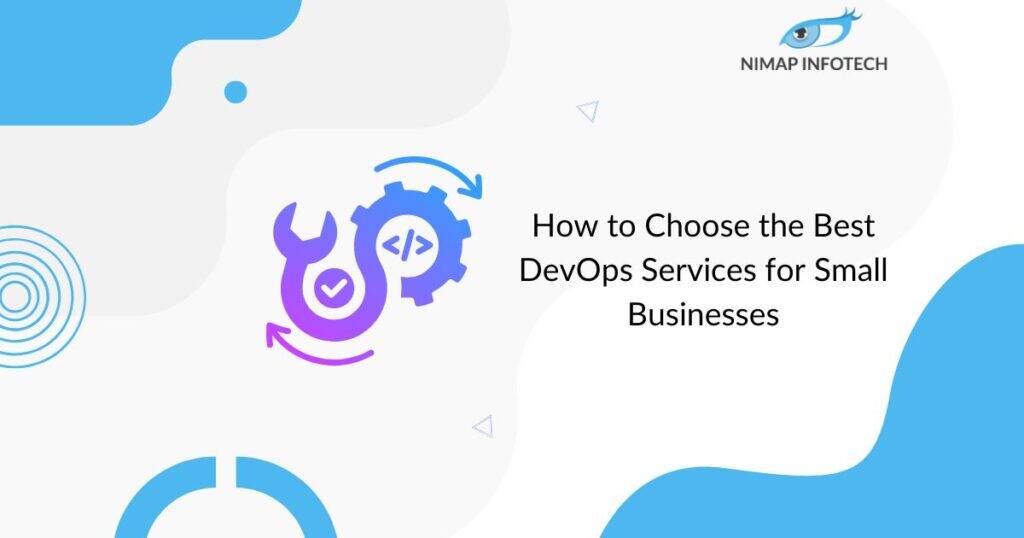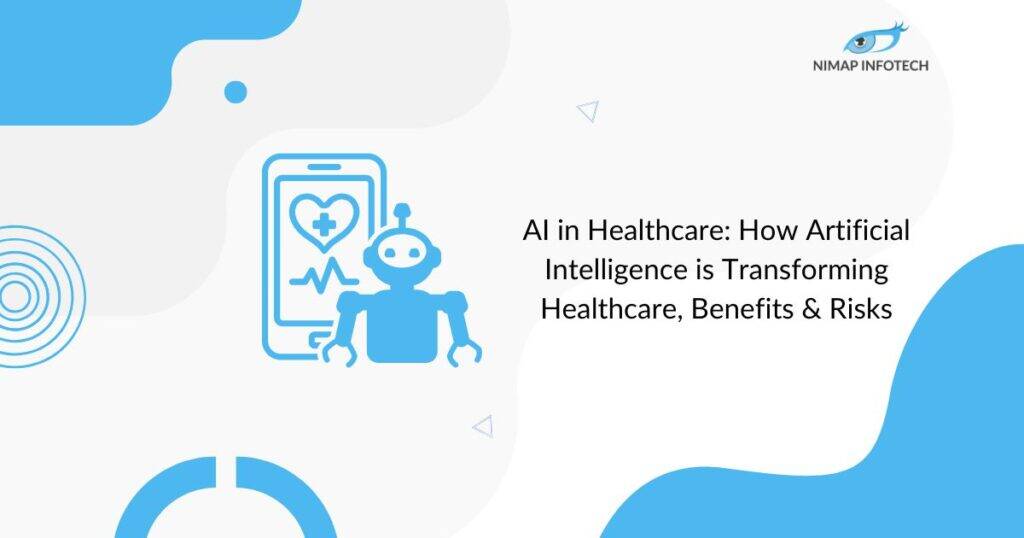Among them, ML has found widespread acceptance among many enterprises and organizations. By integrating ML into enterprise software, many companies have discovered a much more predictable and data-driven model, that allows them to automate their business processes. Machine learning’s core dynamic of utilizing data sets has helped generate insights, that promote innovation, efficiency and have made enterprise software much more intelligent.
With ML, computers can mine out and process small to huge quantities of data in order to come up with predictive models and insights. A typical example that you can find of ML at work is in e-commerce where online retailers like Amazon are using this technology for offering better services to its customers.
Each time you make a purchase or browse through the products list, you allow to leave a trail of data used by its ML systems in order to give you personalized product recommendations. Besides, the use of ML is giving e-commerce platforms a clear edge when it comes to customer service, pricing, as well as delivery.
Table of Contents
ToggleWhy Machine Learning will impact Enterprise Software
Every day, the organization or enterprise is riddled with challenges from management to operations. Enterprise software up to now has played a major role in tackling many of these vital processes. But the rising demands in business have meant a new approach is needed to deal with the diverse fields. With the introduction of ML into the enterprise, a window of possibilities was left open.
ML is providing the right framework that organizations can rely upon. The algorithms and applications used in a ML embedded computing system can easily bring out predictive insights by harnessing the huge data sets owned by these enterprises. These data include both structured as well as unstructured forms such as databases and the Internet.
According to a study by MIT Technology Review as well as Google, 60 percent of companies have already adopted an ML strategy into their computing infrastructure. 18 percent plan to implement ML within the next year.
The switch to an ML software model has clearly benefited large corporations by giving improved and faster data analysis and insights. Besides, the complexity of ML is preventing companies from switching to such a model. Being currently in development a complete shift to an ML model can prove to be unwise. ML has several restrictions and isolations as its algorithms frequently encounter errors and resolving them is an ardent task due to its complexity.
Besides, it can take time for an ML embedded software to familiarise with the data for better predictions. Meanwhile, these predictions may not always be accurate in all scenarios where historical data is not unavailable. The need for human intervention is still relevant to extract the desired output from ML enterprise software.
ML is identified as a major trend among enterprise software in the current year. By making enterprise software intelligent, ML can take over the crucial process of assessment by creating valuable insights. An enterprise or company can use this to take the necessary action to their productivity is increased.
Incorporating an ML framework into an enterprise software ensures all the data stacks are churned out for improving overall productivity and efficiency. This actually enhances the capabilities of software used in the enterprise thus making it much more intelligent as well as self-sufficient.
For example, in the area of sales, a company can gain a lot by using software having an ML model. ML can disrupt crucial processes and create more understanding of forecasting, customer behavior, and its assessment to make the sales process more intelligent.
Read also: How to make Chatbot using ML
Here are some ways by which ML will transform enterprise software are:
-
Generating better analytics and Insights
Data usage and data generation have increased considerably in organizations in recent years. Processing these large amounts of data is a huge challenge, which is where ML fits in. Having enterprise software with ML helps derive a competitive advantage from these large sets of unstructured data.
By supplying the data gathered, the algorithms in an ML embedded software can easily process these data sets and discover various insights as well as patterns. An organization can benefit greatly from these results by helping them in order to meet their objectives and drive the growth forward.
The multinational retail corporation Walmart is a fine example of successfully implementing ML software. They utilize ML heavily to discover customer behavior and usage in areas such as product recommendation.
As a result. Walmart has dramatically improved its retail operations and customer experience. Besides, ML helped them create a bridge between their shopping experiences offered at their stores and online platform
-
Delocalization of Data
Data is now largely scattered due to the use of various technologies like mobile and social media. Typically, enterprise software used specific kinds of database models in order to store as well as organize data. Structured and unstructured data can now exist together in external sources, which requires deeper processing for enabling the systems to generate useful end results.
Technology giants like Google have already shifted entirely to external storage modules in the form of data centers for handling its massive troves of these unstructured and structured data. These data centers are located in different places around the world and require constant monitoring as well as maintenance to make them running all throughout without any disruptions.
Google has already utilized ML software to aid in this process, which has resulted in a significant decrease in energy usage amounting to a 50 percent reduction in 2014 alone. The tech giant was able to optimize and save much more energy in its data centers by using an ML model.
-
Facilitate Data-driven Decisions
The use of data in an effective manner can prove to be of immense advantage to a company in formulating crucial business decisions. Enterprise software systems that have been using ML can aid in this process greatly by helping companies and enterprises to make decisions solely and impartially based on the insights gathered from this pool of data. This will be of particular help to areas like talent hiring, customer management, R&D and so on..
For example, the major use of TensorFlow technology, Google’s open-source library for ML applications, has already enabled researchers departments in companies for getting yield in the potential of ML for delivering better insights to enable the development of products and services. The use of DMAIC (Define, Measure, Analyze, Improve and Control) is common when ML is applied in R&D to make data-driven decisions. This has led to a considerable improvement in the quality of products and services.
Must Read: Creating Chatbot with Deep Learning
-
Empowers Employee Intelligence
ML takes enterprise software a step forward by automatically assessing the searches that employees in an organization make. This has proven to actually empower employee intelligence by facilitating decision making in areas related to work by monitoring all the crucial areas that they engage with.
In this manner, ML can assist in enhancing productivity, save time as well as give timely responses. For example, IBM has set a model on how cognitive technologies like ML can empower the employees by creating better engagement and personalized dissemination of information for purposes like coaching.
-
Fraud Detection
The continued presence of fraudulent practices contribute to losses to an organization every year. Enterprise software with an ML framework have helped bring down the fraud by detecting it early. The pattern recognition methods used by the ML algorithms can identify any irregularities in operations like transactions.
An example of how ML would help in fraud detection is in the financial section of an enterprise. By including ML in enterprise software, it can evaluate the transaction data and external sources to detect any kind of fraudulent activities as well as anomalies in the transactions involving a network of individuals.
SAS is an early adopter of ML in areas like fraud detection. In the finance sector, SAS has ventured into fraud detection and the use of their software by several credit institutions to eliminate fraudulent practices in transactions.
Recommended reading: NLP for chatbot
Conclusion:
There is no doubt Machine Learning is taking over the world and helping organizations and corporates get the best out of their businesses. In the coming years, we will see ML be booming in every domain and sector possible, and helping our lives to be augmented and amplified further to improve the quality of life that we live.
If you are thinking to this all this as in real for your development then Hire Python Developers from Nimap Infotceh directly contact and get quote
Author
-

Sagar Nagda is the Founder and Owner of Nimap Infotech, a leading IT outsourcing and project management company specializing in web and mobile app development. With an MBA from Bocconi University, Italy, and a Digital Marketing specialization from UCLA, Sagar blends business acumen with digital expertise. He has organically scaled Nimap Infotech, serving 500+ clients with over 1200 projects delivered.
View all posts

